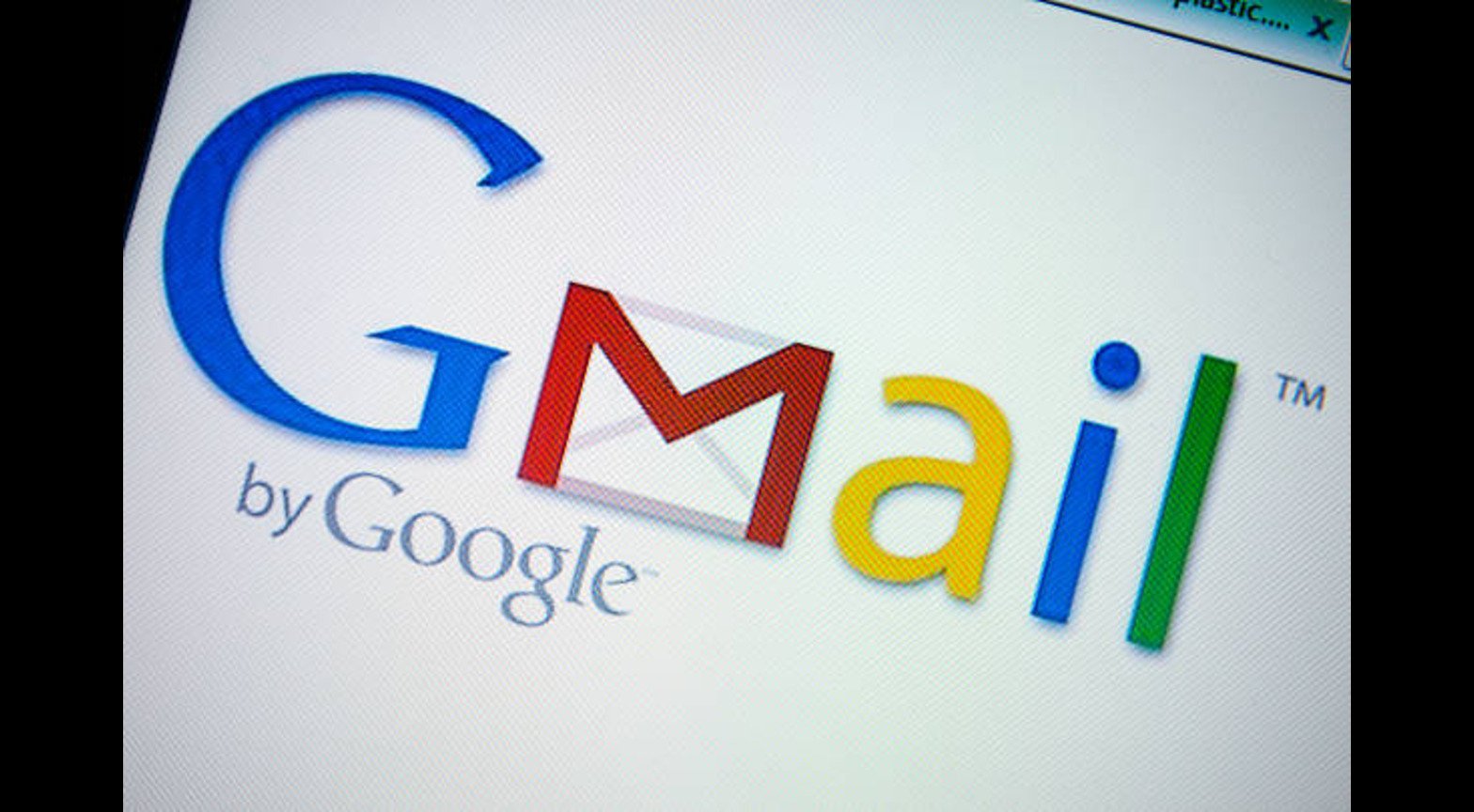Millions of Gmail Passwords Stolen in Massive Data Breach: What You Need to Know
A huge cyberspace attack has rocked the online space with news of more than 183 million Gmail usernames being revealed in a vast data breach. The breach, which was found by cybersecurity experts earlier in the week, has sent an immediate panic about online privacy, data security, and the increasing risk of credential theft among users around the world.
The Breach: What Happened
As reported in great detail by Cybernews, the attack entailed a huge amount of stolen logins, including email addresses and passwords, associated with Gmail accounts. The information, now being distributed on hacker forums and in dark web markets, has been estimated to have come as a result of several smaller breaches that had been combined into a single giant set.
The breached information belongs to a super breach, which consists of the information collected over the years with the help of multiple sources that were leaked. Cybersecurity experts have affirmed that this incident might not be a direct attack directed at the Google servers, but it presents an extreme security risk due to the fact that Gmail credentials are usually taken as master keys that can be used in accessing other services like Google Drive, banking applications, or work accounts.
According to TechRadar and Gizchina reports, this huge exposure reminds us of the vulnerability of even secure systems when users use the same passwords or do not use a two-factor authentication option (2FA).
Why This Matters
This is not merely a leak, but it is a door to almost all possible cyberattacks. Stolen Gmail accounts provide intruders with access to personal mail, important business files, and even accounts. Since phishing attacks lead to identity theft, the outcomes of compromised email accounts may be disastrous.
Security experts caution that this incident proves that cybercriminal organizations are becoming increasingly sophisticated and that they are likely to use a combination of stolen information and advanced machine learning applications to automate massive-scale attacks, including credential stuffing. This technique involves leaked usernames and passwords that are used to crack into other websites that the users have shared with others.
Since Gmail is one of the frequently used email services across the world, even a single-digit percentage of 183 million programs that have been compromised would affect millions of consumers and corporations across the world.
What Users Should Do Now
Google has asked everyone using Gmail to reset their passwords as soon as possible and activate 2FA or passkeys to ensure maximum security. Another tip that experts can suggest is to check whether your email address has been included in any breach via the help of reliable sites like Have I Been Pwned.
Best practice of cybersecurity:
- Use a good, distinct password for each account.
- A password manager should be used to prevent the use of duplicate credentials.
- Periodically, look into the account activity of suspicious account logins.
- Watch out against phishing emails that claim to be a security warning.
In its statement, Google assured that its systems are not being compromised directly, but highlighted the necessity of further authentication to ensure that third-party intrusion does not interfere with Gmail accounts.
The Bigger Picture: A Digital Security Wake-Up Call.
The Gmail data breach is the best wake-up call to how digital life has become interconnected. One stolen password can then lead to the theft of numerous accounts with both personal and professional information.
There is a call among cybersecurity experts to shift the use of password-based systems to AI-based authentication tools and real-time tracking tools, which have the capacity to identify suspicious activity immediately. Companies, especially, are encouraged to invest in media monitoring and threat intelligence systems in order to predict the emerging risks.
With billions of online credentials still circulating on the dark web, that is the lesson: data security is no longer a choice. In the future of 2025, when digital identity establishes communication to commerce, your password may be the most important thing you have left to defend.
Read More: Snapchat Goes Dark: Massive AWS Outage Knocks Out Popular App and Sparks User Chaos







